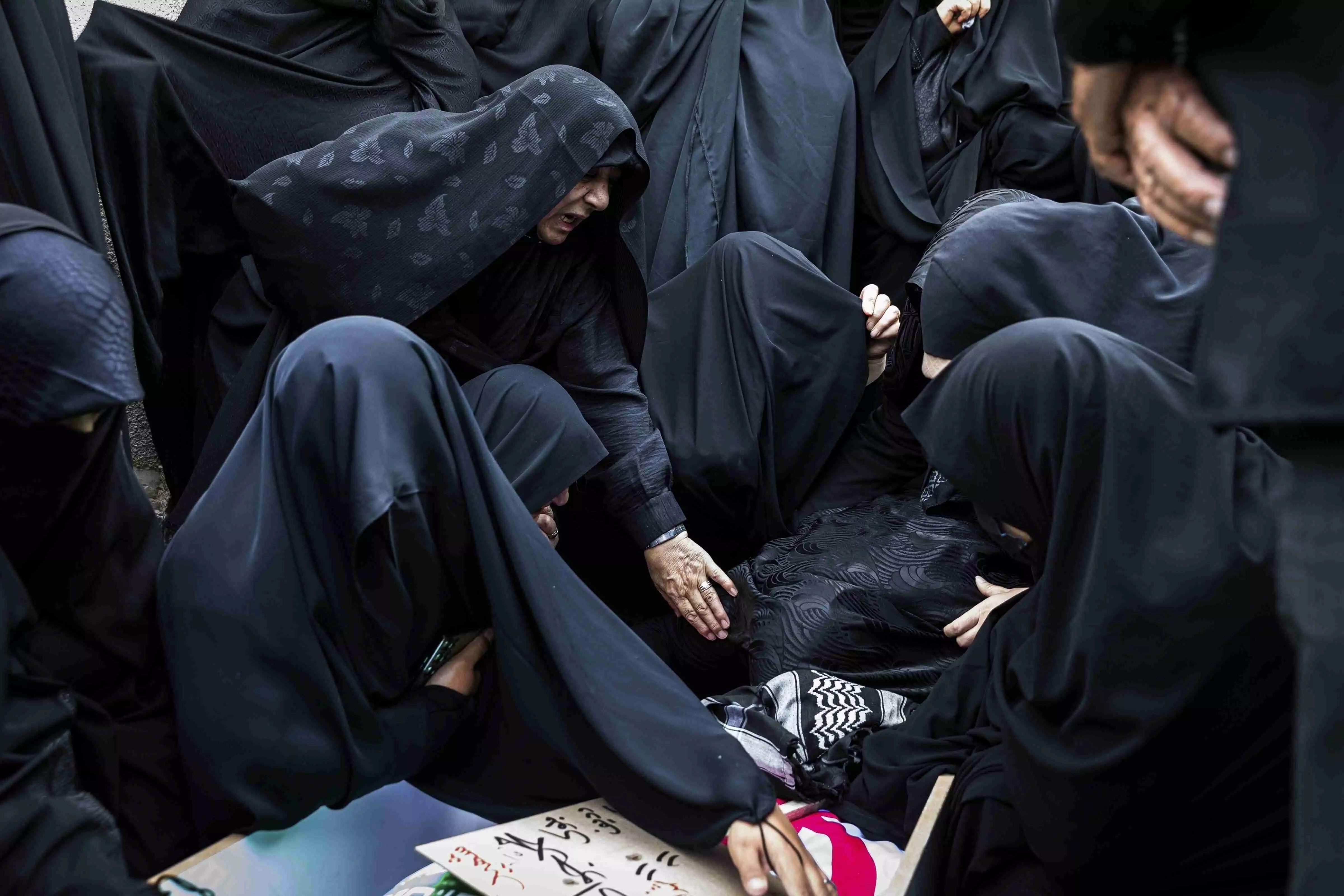India’s Diplomatic Dilemma

The ongoing conflict between Israel and Iran has taken their bilateral diplomacy into an abyss. Their economic credentials also stand challenged—a phenomenon which is characteristic of any war in any part of the world. However, as is the nature of this highly globalised world, fallouts of conflicts are barely limited to the nations involved. Pundits of geopolitics would confirm that this undoubtedly holds true for the Israel-Iran conflict. India, whose geopolitical and economic stakes have risen phenomenally across the world, must be the last nation on this planet to serve as an exception to the abovementioned general norms of conflict. The country currently finds itself straddling a geopolitical tightrope wherein every step has to be calculated, cautious, and consequential. New Delhi’s decision to distance itself from the Shanghai Cooperation Organisation’s (SCO) condemnation of Israel’s military strikes on Iran speaks volumes about the prevailing nuances of India’s foreign policy doctrine. Much is already said and speculated about India’s position in the gravest conflicts of the contemporary era—be it the Gaza crisis or Russia-Ukraine war. India according primacy to its national interest—a main driver of foreign policy—while finding a principled, though not effective, ground has been the norm lately.
The SCO, chaired by China and including a newly-inducted Iran, came out strongly against Israel’s Operation Rising Lion, calling it a “gross violation” of international law. The statement accused Israel of targeting civilian infrastructure and undermining regional peace. India, notably, did not endorse this view, nor did it participate in the discussion leading to the statement. This signals a sense of understandable unease, if not dissent, within the bloc. The broader question is: why would India step away from a seemingly straightforward humanitarian stance? India’s posturing in the SCO, where China has huge stakes, is quite complex, given its apprehensions about the hidden intent of Beijing and its sympathisers. The articulation of the China-led SCO’s statement may also have not gone well with India for whom maintaining a cordial relations with the US and Israel is an imperative. Israel is India’s second-largest defence supplier, and military cooperation has only deepened in recent years. At the same time, Iran is India’s strategic conduit to Central Asia via the Chabahar Port—a critical counter to China’s influence and Pakistan’s blockade. It is a typical case where India cannot choose one side without upsetting the other. India’s foreign ministry attempted to thread the needle by expressing “deep concern” and urging de-escalation, reiterating its ties with both nations. However, it is argued by many that India appears to be leaning—though subtly—towards Tel Aviv and Washington.
Observers are also right to point out the broader game in play. The Israel-Iran conflict coincides with India’s bid to finalise a key trade agreement with the United States. With Trump returning to office and reinstating sanctions on Iran, India’s Chabahar ambitions are again under threat. India’s strategic energy needs to add another layer of urgency. Notably, over 80 per cent of India’s crude oil passes through the Strait of Hormuz, which now stands vulnerable due to Iran’s entanglements. Disruptions there would likely inflate prices in India and create a dent in the rupee. Furthermore, the Global Trade Research Initiative (GTRI) has rightly warned India against any sort of complacency. In its report, it has urged for diversification of crude sourcing, strengthening of strategic oil reserves, and fortification of naval deployments in the Arabian Sea. A prolonged crisis in the region would not only rattle India’s trade balance but also jeopardise its export routes via the Bab el-Mandeb Strait—another maritime chokepoint which now stands at risk. Beyond trade and strategy, there is a human face to this crisis. The Indian embassies in Tehran and Tel Aviv are coordinating emergency relocations of students, caregivers, and professionals. In Iran, where the airspace is shut and cities are under attack, Indian students are being bussed out of hotspots like Tehran and Qom to safer northern locations. A maritime evacuation via Bandar Abbas is also under consideration.
It must be clarified here that India’s current stance does not imply backing Israel’s military excesses—at least not explicitly. But by refusing to sign off on multilateral condemnation, it risks appearing complicit or evasive. As the crisis deepens further, India must try to expand its diplomatic bandwidth. Multilateral platforms must be leveraged to assert a new Indian doctrine that would balance realism with responsibility. Strategic ambiguity has its uses, but in moments of global peril, clarity becomes the signifier of strength. India must emerge from this crisis situation with its values, interests, and regional ambitions intact. The tightrope is thin, but India’s steps must be firm.



